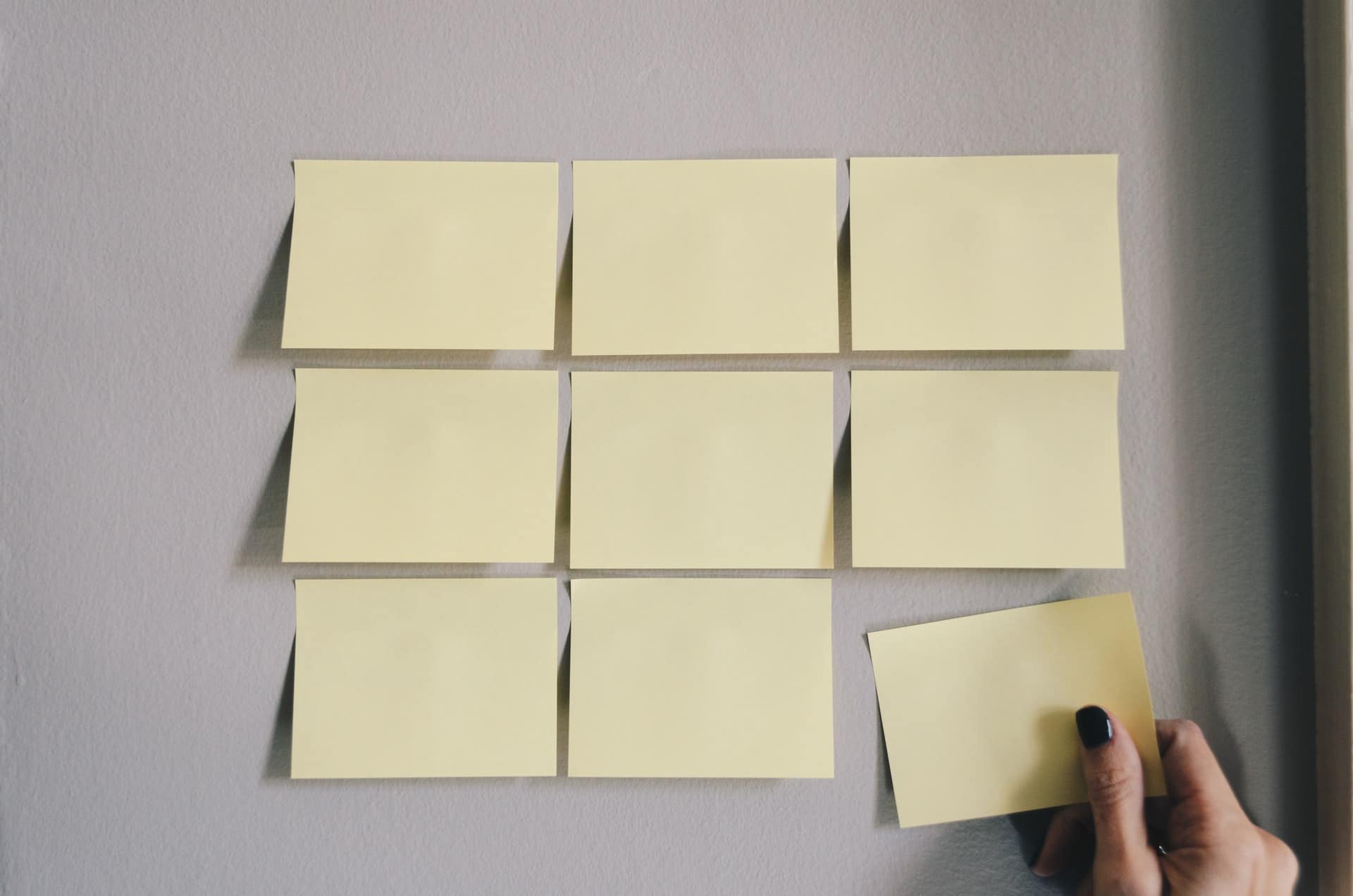As a claimant in a personal injury action, you may be required to attend an examination for discovery. This process can be overwhelming and stressful for claimants, especially when they aren’t familiar with the process. However, it is also an important tool for both claimants and defendants to learn more about the other party’s case.
This article will give you a brief overview of what examinations for discovery are and what to expect during your own examination for discovery. A skilled personal injury lawyer can prepare you for your examination for discovery well in advance so you can participate confidently.
What is an Examination for Discovery?
An examination for discovery is a litigation process wherein the parties’ lawyers question the opposing parties about issues relevant to the claim. The rules regarding examinations for discovery are governed by Ontario’s Rules of Civil Procedure, R.R.O. 1990, Reg. 194.
A party to an action has the right to examine any other party “adverse in interest” (meaning that the claimant can examine the defendant and vice versa). Examinations for discovery generally cannot exceed seven hours (though this time limit does not include breaks during the examination).
Where do Examinations for Discovery Take Place?
Examinations for discovery usually take place at a court reporter’s office or another office large enough to provide the privacy and space appropriate for the examination for discovery (for example, sometimes an examination for discovery will occur at one of the parties’ law offices).
During the COVID-19 pandemic, many examinations for discovery were conducted “remotely”. Depending on your location and the circumstances, you may be attending your examination for discovery from your home rather than a boardroom!
What Should I Expect at My Examination for Discovery?
The process for an “in-person” examination for discovery and a “remote” examination for discovery is largely the same. For the purposes of simplicity, we will describe the process for an “in-person” examination for discovery below (while recognizing that the process will look similar for a virtual discovery). Bear in mind that your personal injury lawyer will cover these topics with you – and more – in advance of your examination for discovery so you can begin feeling prepared and confident.
The parties present at the examination for discovery will include your lawyer, the opposing party’s lawyer, and a court reporter (who will be recording the questions asked and answered). The opposing party also has a right to attend your examination for discovery, though this right is not commonly exercised.
You will first be asked to swear (if you are religious) or affirm (if you are not religious) to tell the truth during your examination for discovery. Then, the questions will begin.
The opposing party’s lawyer will ask you specific questions regarding the details of the accident, your injuries, and how those injuries have affected your life. Some of these questions may feel intimidating or intrusive – rest assured that your lawyer will know when to object to inappropriate questions. If your lawyer raises an objection, you will not answer the question until the lawyers determine whether or not you should answer.
What if I Don’t Know the Answer to a Question?
It is not uncommon for a person being examined to have trouble answering certain questions (for instance, you might not remember the specifics of when you received a particular treatment or the name of a medical professional you saw, among other things). You should not feel bad about this, as a person cannot be expected to remember every detail! Instead, the other lawyer may leave a request on the record for you to inform yourself of the answer to a particular question after the discovery (which your lawyer will receive and coordinate with you on). Sometimes, answers to these questions can be determined through the production of documents such as medical records.
Tips for a Successful Examination for Discovery
When you are preparing for an examination for discovery, your personal injury lawyer will work with you to ensure you are confident and prepared. Some of the key considerations as a person being examined for discovery are the following:
- This should go without saying, but answer questions truthfully! Lying at your examination for discovery can hurt your credibility and the strength of your case.
- Take your time – always think about what the other lawyer is asking and what your response is prior to answering. Do not allow yourself to feel “rushed” by the lawyer asking questions.
- Answer the question asked – do not volunteer additional information.
- Do not answer a question you do not understand (you are allowed to ask the questioner to clarify what they are asking or rephrase a question).
- Do not guess or make assumptions – the purpose of the examination for discovery is to provide facts.
- Maintain composure – while the process can feel stressful, do not allow yourself to get angry or argue with the questioner. You are entitled to ask for breaks if you need them.
Skilled Personal Injury Lawyers Serving Eastern Ontario and North Bay
Litigation can be a stressful and uncomfortable experience – even when participating in routine steps such as an examination for discovery. At Tierney Stauffer LLP, our personal injury lawyers have over 35 years of experience advocating for those who have been injured in accidents, or through the negligence or abuse of others. You can rest assured that our lawyers will prepare you for your examination for discovery so you can participate with confidence and will defend your rights during the examination if the defendant asks an inappropriate question.
At Tierney Stauffer LLP, we recognize that no two accidents or accident injuries are the same, which is why our personal injury team gives each client the personalized attention needed to bring about the best possible resolution. Call us at 1-888-799-8057 or contact us online to set up a free consultation to discuss your matter.


